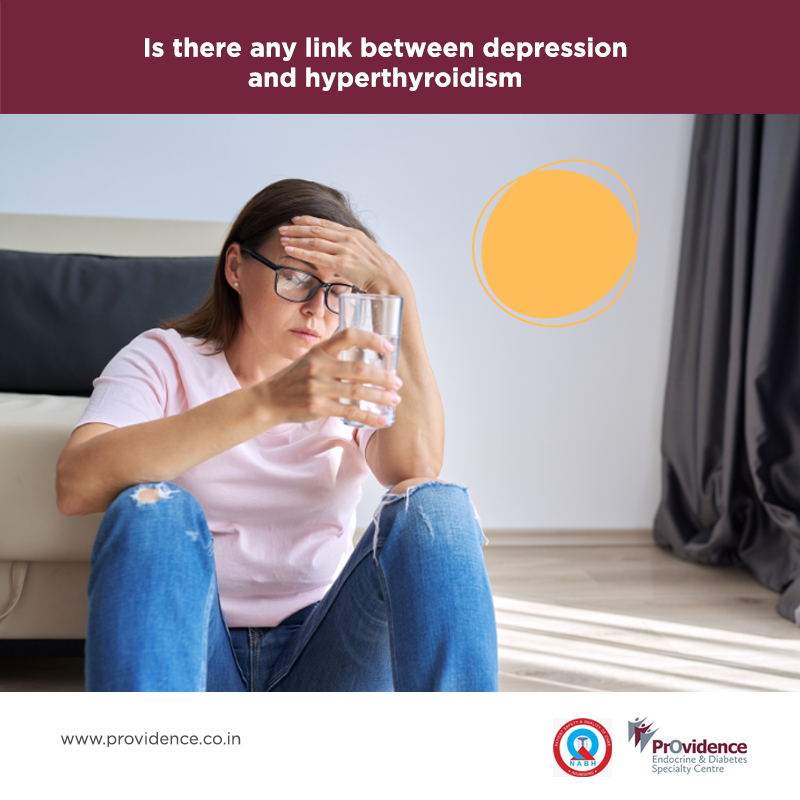The disturbances in thyroid function can cause various changes in the brain of people suffering from this disease.
Hyperthyroidism may be associated with anxiety, irritability, emotional liability, and impaired concentration. However, older people with hyperthyroidism can present with a clinical state that resembles depression with less interest in their surroundings and an inability to function normally.
Severe hypothyroidism has been associated with depression. However, most people with depression do not have hypothyroidism and most people with hypothyroidism do not have any significant depression. Scientific studies have shown that there is an association between depression and hypothyroidism, but it is seldom cause and effect. Furthermore, some people with depression may have mild abnormalities in TSH or thyroid antibodies. People who suffer from signs of depression and have hypothyroidism should consider meeting a mental health professional.
Some people with hypothyroidism may have symptoms that resemble depression even after the thyroid functions are normal. Some of the symptoms may affect the quality of life. Some scientific studies have shown that these people may benefit from a combination of T3 (triiodothyronine) and T4 (Thyroxine) therapy.



